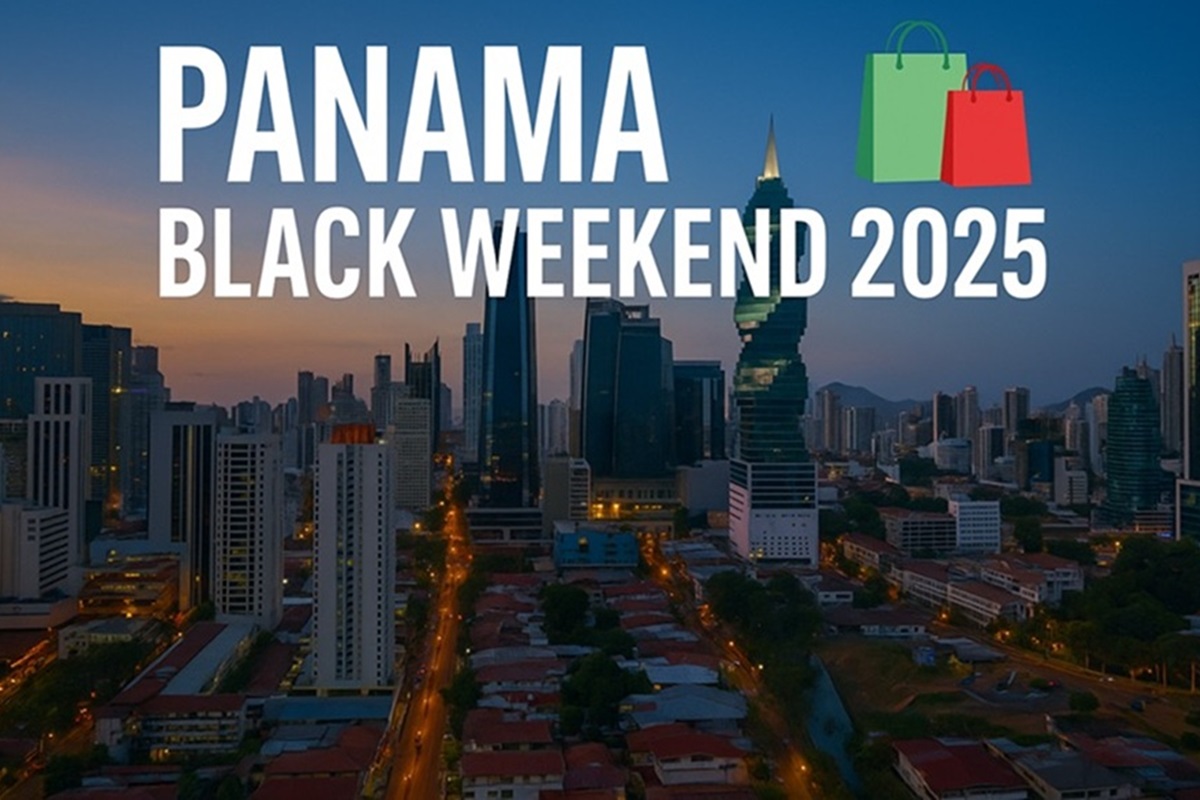Over the past five years, digital nomad visas have moved from being an exotic experiment to a central part of immigration and economic strategies in more than 60 countries. These permits allow entrepreneurs, freelancers, and remote workers to legally operate from abroad while continuing to earn income from clients or companies based elsewhere. For governments, they represent a chance to attract high-earning, mobile professionals who inject capital into local economies without competing for domestic jobs.
Latin America and the Caribbean have quickly positioned themselves in this race. From Argentina to Anguilla, nations are competing not just to lure sun-seeking travelers, but to court entrepreneurs who could invest, innovate, and potentially set down longer-term roots.
Why the Region Appeals to Entrepreneurs
Several factors explain why this part of the world is particularly attractive for digital nomads with a business mindset:
- Competitive costs: From Colombia to Argentina, the cost of living remains significantly lower than in North America or Western Europe.
- Time zones aligned with the U.S.: For entrepreneurs dealing with U.S. or Canadian clients, operating from Panama or Costa Rica often means little disruption in communication.
- Strategic tax regimes: Belize, Uruguay, and several Caribbean islands offer tax-friendly conditions for foreign-sourced income, a critical element for global entrepreneurs.
- Growing ecosystems: Co-working hubs, startup incubators, and reliable internet are spreading across major cities, giving digital nomads access to resources beyond just lifestyle benefits.
Caribbean Islands Betting on High-Spending Nomads
Barbados and Its “Welcome Stamp”
Barbados set the tone in the Caribbean by branding its digital nomad visa as the “Welcome Stamp.” With an income requirement of $50,000 annually, the program clearly targets professionals with significant earning power. For entrepreneurs, the island offers connectivity across the Americas and a relatively advanced infrastructure.
Dominica and the “Work in Nature” Visa
Dominica’s WIN Visa provides up to 18 months of residency and, crucially, offers income tax breaks. For entrepreneurs, that translates into an extended test run in a country that sells itself as both a lifestyle haven and a place for environmentally conscious business practices.
The Cayman Islands: Luxury and Exclusivity
With minimum income thresholds starting at $100,000, the Global Citizen Concierge Program in the Cayman Islands is designed to attract high-net-worth individuals. While the cost is steep, entrepreneurs in finance, fintech, or consultancy may see it as an extension of the territory’s reputation as an international business hub.
Other Options in the Region
- Antigua and Barbuda: Two-year visas, with a $50,000 income requirement.
- Belize: Territorial tax system exempts foreign-sourced income, with a relatively modest entry fee.
- St. Lucia: A more democratic model, offering 12-month stays with no income requirement—ideal for lean entrepreneurs testing their business model abroad.
Related content: Top 5 Cheapest Cities in Latin America for Digital Nomads
Latin America: Scale and Diversity
Argentina, A Giant with Low Costs
Argentina joined the digital nomad movement in 2022. Though no official minimum income is published, around $2,500 per month is advised. Buenos Aires, already famous for its cultural dynamism, also boasts a thriving startup scene. Combined with a cost of living ranked near the bottom globally, the country offers one of the most entrepreneur-friendly environments for digital nomads looking to stretch their capital.
Brazil, First Mover Advantage
Brazil became the first South American country to roll out a digital nomad visa in early 2022. With a monthly income requirement of $1,500, it opens doors to one of the world’s largest consumer markets. For entrepreneurs, that means the possibility of piloting products or services in Latin America’s biggest economy while maintaining operations abroad.
Colombia, Two Years of Opportunity
Launched in 2023, Colombia’s digital nomad visa is among the most generous, with two-year stays permitted and a low entry requirement of $700 monthly income. Medellín and Bogotá already rank high on global nomad lists for their combination of affordability, connectivity, and emerging entrepreneurial ecosystems.
Costa Rica, The Rentista Model
Costa Rica, already a magnet for eco-tourism, extends its appeal to entrepreneurs through its Rentista Visa. It requires proof of $3,000 monthly income but offers up to two years of residence with tax exemptions on foreign income. That makes the country particularly interesting for digital entrepreneurs who value sustainability and stability.
Panama, Gateway to the Americas
Panama’s Short-Stay Visa for Remote Workers launched in 2021 and has since positioned the country as a serious contender. With income requirements of $36,000 annually, the visa allows up to 18 months of residence. For entrepreneurs, the country’s strategic location, strong financial sector, and connectivity via the Panama Canal make it an unparalleled logistics hub.
Uruguay, Progressive and Entrepreneur-Friendly
Uruguay may be Latin America’s best-kept secret for nomads. With no minimum income requirement, low fees, and the possibility of converting a nomad visa into residency, the country appeals to entrepreneurs seeking stability and long-term security. Its high internet speeds and reputation for safety and progressive policies only add to its attractiveness.
The Tax Equation
Entrepreneurs evaluating digital nomad visas cannot ignore tax policy. Belize, Curacao, Barbados, and St. Lucia are among those offering advantageous regimes, where foreign-earned income often escapes local taxation. Uruguay, meanwhile, goes further by offering a pathway to residency, which could eventually lead to broader mobility options, including Spanish or EU passports under certain circumstances.
At the other extreme, countries like Brazil and Argentina have more complex tax structures, though practical enforcement on temporary digital nomads often remains limited. Still, entrepreneurs must approach these opportunities with careful planning and professional tax advice to avoid double taxation or compliance issues.
Risks and Challenges
While the appeal is strong, there are structural challenges:
- Affordability backlash: In some destinations, nomads’ purchasing power is pricing locals out of housing and goods.
- Tax uncertainty: Many programs don’t clearly define how temporary residents are taxed, creating long-term ambiguity.
- Limited pathways: Most visas remain temporary and do not guarantee permanent residency or citizenship, which can deter entrepreneurs seeking more permanent bases.
Toward a Regional Strategy
Despite these challenges, Latin America and the Caribbean have embraced digital nomad visas as part of a larger strategy: attracting talent, investment, and global mobility. Programs vary widely in requirements and benefits, but collectively they are reshaping the region’s economic geography.
For entrepreneurs, this patchwork of opportunities opens the door not only to a new lifestyle but also to new business strategies: testing products in emerging markets, networking with international communities, and leveraging favorable tax regimes.
The Business Case for Nomadism
The digital nomad lifestyle is no longer about freelancers chasing WiFi on a beach. It has become a legitimate business strategy, with countries in Latin America and the Caribbean competing to offer platforms for global entrepreneurs. From the tax advantages of Belize to the long-term stability of Uruguay, from Panama’s logistical centrality to Argentina’s affordability, the region offers multiple entry points for building a location-independent business with global reach.
For forward-thinking entrepreneurs, these visas are more than travel permits. They are strategic tools for mobility, growth, and innovation in a rapidly globalizing digital economy.
Photo of the portrait: Depositphotos







